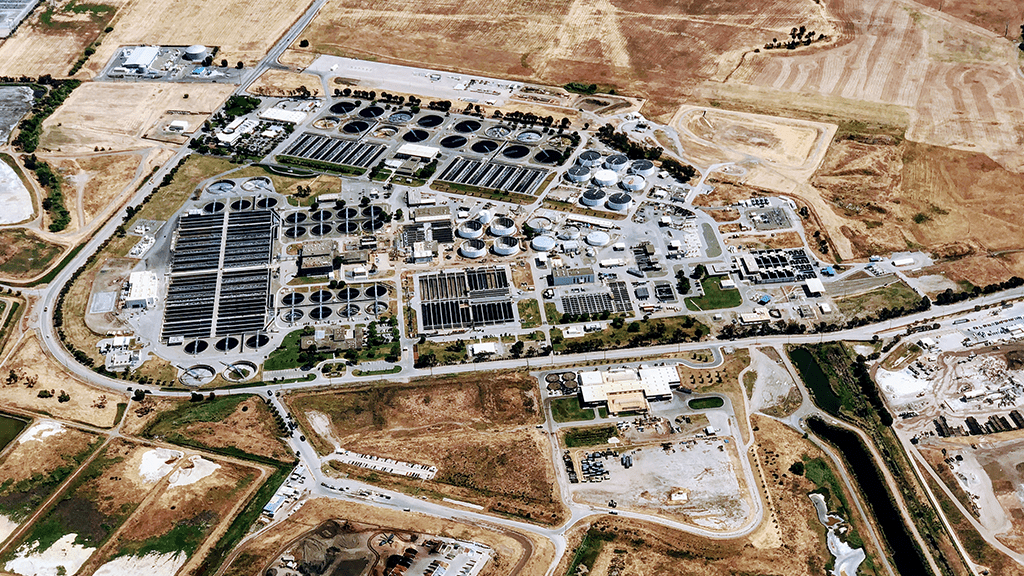Researchers Use Wastewater to Monitor Viruses

August 28, 2023: Wastewater can be a valuable source of information about the presence of viruses in a community. This is because viruses are often excreted in the feces of infected people. Researchers can get an early warning of potential outbreaks by sampling wastewater and analyzing it for viruses.
Wastewater-based epidemiology (WBE) is a rapidly growing field of research that uses this approach to monitor a variety of viruses, including SARS-CoV-2, which causes COVID-19.
WBE works by collecting wastewater samples from sewage treatment plants or other sources. The samples are then analyzed for the presence of viral RNA. If viral RNA is detected, it can be used to estimate the number of people in the community who are infected with the virus.
WBE has several advantages over traditional methods of virus surveillance, such as contact tracing and testing. First, WBE can detect viruses even before people start showing symptoms. This can help to identify outbreaks early when they are easier to contain. Second, WBE can be used to monitor viruses in a large population, making it ideal for tracking the spread of viruses during an outbreak.
WBE is still a relatively new field of research, but it can potentially revolutionize how we monitor viruses. By using wastewater, researchers can get a more complete picture of the spread of viruses in a community and take steps to prevent outbreaks.
Here are some actionable takeaways:
- Wastewater-based epidemiology (WBE) is a promising new method for monitoring viruses.
- WBE can be used to detect viruses even before people start showing symptoms.
- WBE can be used to monitor viruses in a large population.
- WBE has the potential to revolutionize the way we monitor viruses.
Here are some practical applications of WBE:
- WBE can be used to track the spread of viruses during an outbreak.
- WBE can be used to identify areas where the virus is circulating.
- WBE can target interventions, such as vaccination or contact tracing, to specific areas.
- WBE is a valuable tool for public health officials. It can be used to monitor the spread of viruses, identify outbreaks early, and target interventions to prevent the spread of disease.


















































